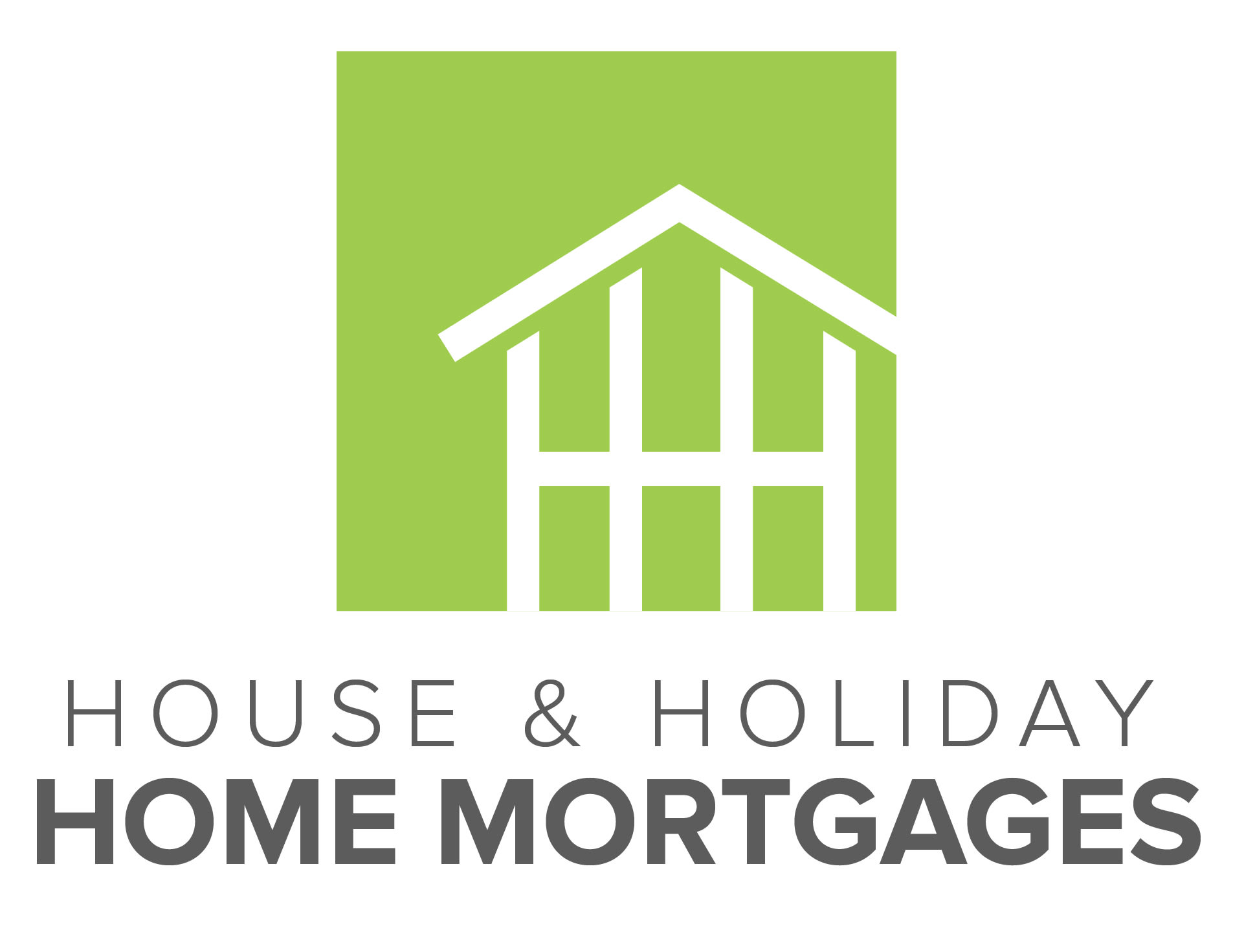Do I need fire doors in my holiday let property?

If you own a holiday let property or you allow your holiday home occasional use by paying guests then please do not overlook Fire Safety. As the owner of a holiday let, fire safety is very much your responsibility.
Let us imagine when you collect the keys of your new holiday let purchase that there is a Fire Safety Certificate on the wall. You may think all is up to speed and done, but the certificate has no meaning or authority now.
As a holiday cottage owner, you and your holiday let are now governed by the Regulatory Reform (Fire Safety) Order 2005. This is act of parliament that firmly makes you, the owner of the holiday let, responsible for your paying guests regarding fire safety. Incidentally, if you have paying guests in your home the same rules apply. Failure to act on this has led to £10,000 fines for noncompliance and action.
It is good advice for all new and existing holiday let owners to look at the You Gov website searching for fire safety and the hospitality industry to get the correct guidance.
Ensure You Complete A Risk Assessment
A full fire risk assessment will need to be carried out, logged, dated and signed and actions carried out as necessary. Examples of the risk assessment can be found on the You Gov website. Think carefully about where the risk of fire in your holiday let will come from and what fire hazards there are.
You can also visit the local authority website for your chosen area and type in fire safety for holiday let or self-catering accommodation. Leaflets and advice will be available to you. There is an online publication on the You Gov website you can download or order.
We would strongly advise seeking help and guidance from a fire safety professional so you can be sure that you are doing what you need to. At worst it will cost you a few thousand pounds and at best may save a life you are ultimately responsible for.
The local Fire Service has a duty to ensure you are complying with fire safety law but it cannot carry out the risk assessment for you. The Fire Service has the right to carry out an enforcement if they felt your property was not up to the required standard following a visit.
You will be responsible for ensuring the correct number and type of fire extinguishers, and that they have been tested and are dated properly, are in the correct areas of your property.
Make sure you have connected smoke alarms
Properties should normally have mains wired and connected smoke alarms throughout your property. These should always have fully charged emergency batteries.
It may be acceptable to have a collection of working battery smoke alarms in smaller homes. This is where the advice of an expert will be invaluable.
It makes enormous sense for a room plan with specific evacuation routes and instructions in the event of a fire to be included in your guest’s welcome pack. If you meet your guests on site when they arrive do give them a fire safety briefing.
All gas appliances should be regularly checked and serviced annually and any wood burning stoves or open fires will need checking and the chimney sweeping annually with the visit from the expert noted, dated and signed.
Other fire reducing actions
Other fire reducing actions that you could implement include installation of carbon monoxide detectors, emergency lighting, fire blankets, an internal keyless lockable front door, self-closing fire doors, and cautionary instructions about the use of candles. So, regarding those fire doors, if your fire safety expert recommends them then you should look to install.
In conclusion do not ignore fire safety rules and regulation it could be very costly, and life-threatening and seek the advice of the experts but the government designated website but do start with that risk assessment! Don’t put yourself or your paying customers at any more risk than is necessary.

